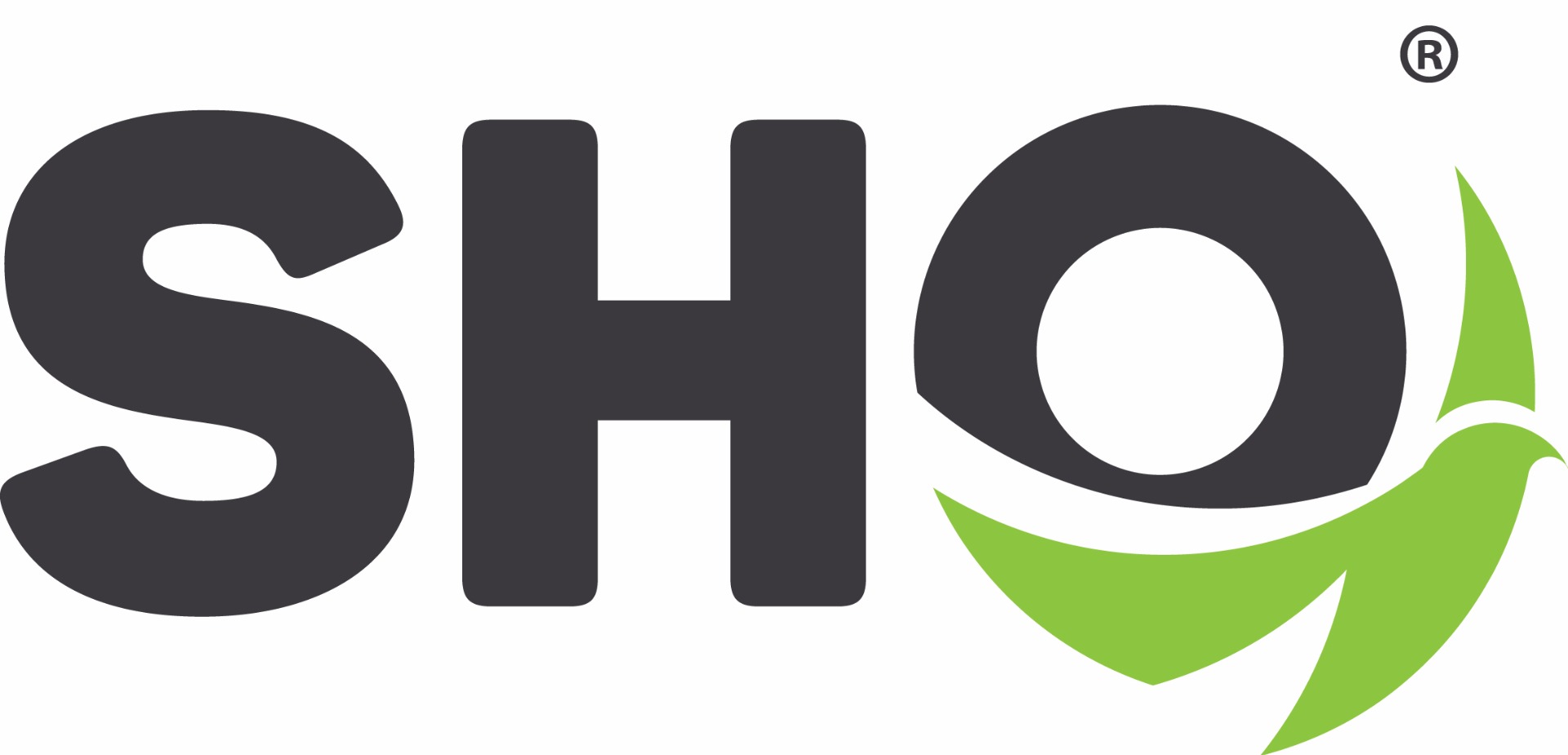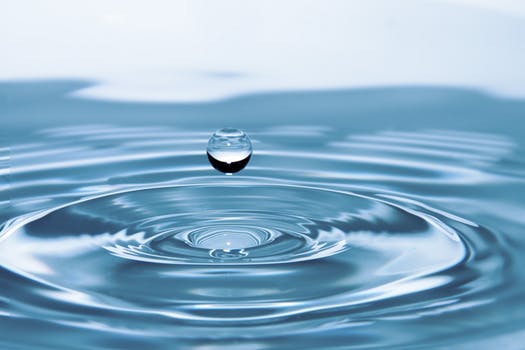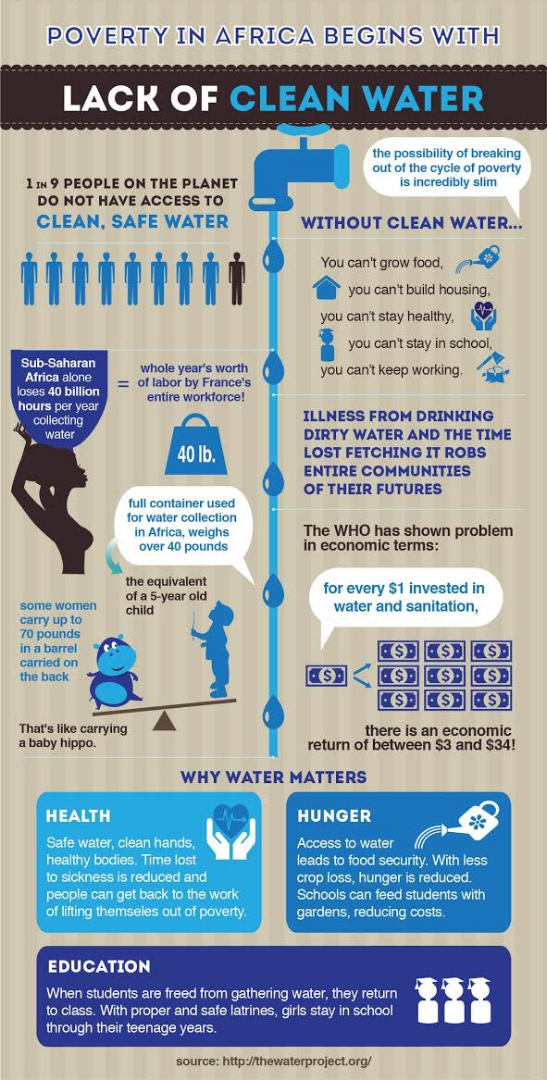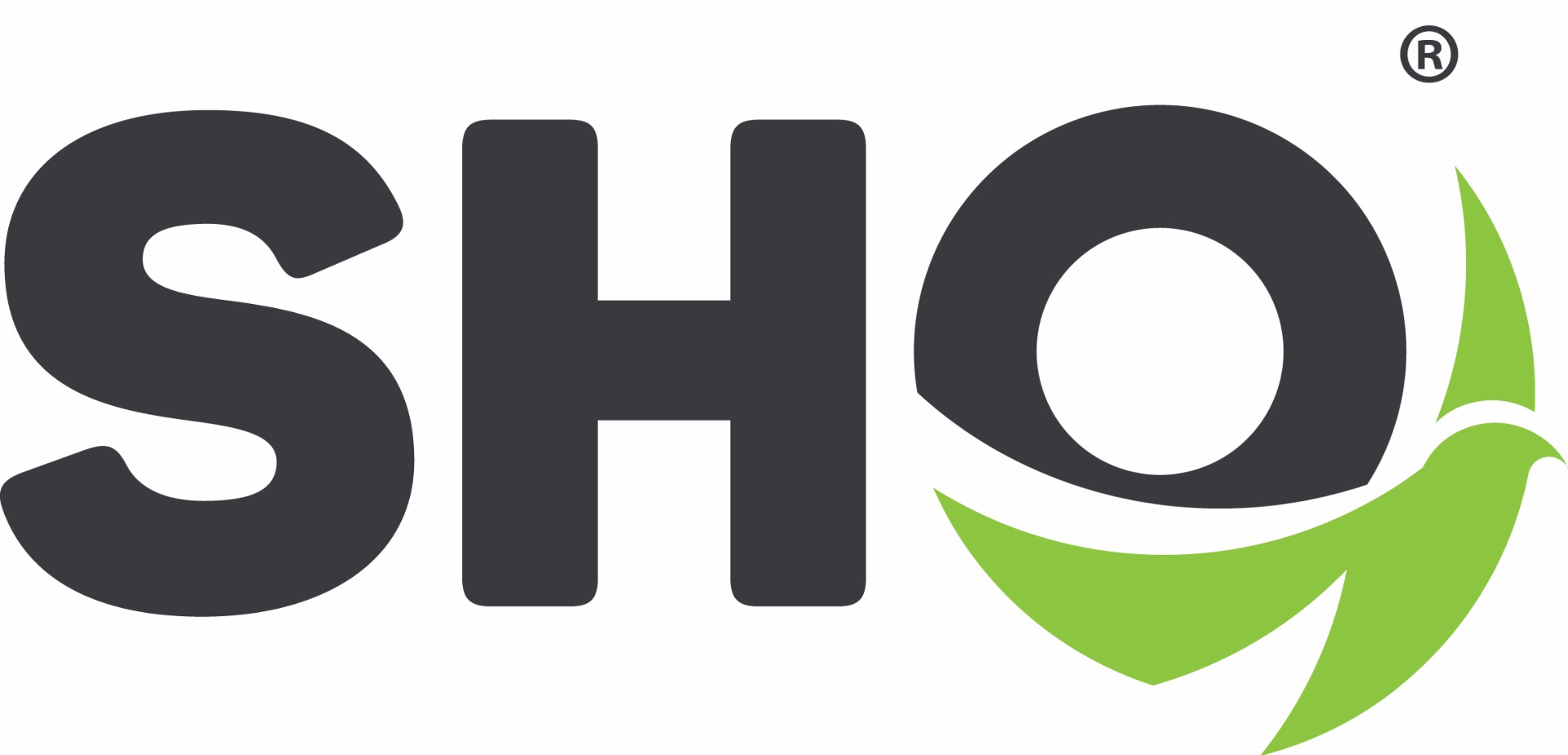The World's Worst Water Supply
20th August 2018
Last week, we did a little research into water quality around the world, and discovered that, actually, we are very fortunate to live in the UK where we have some of the highest quality tap water on the entire planet.
Sadly, not every country is so fortunate.
As I’m sure you may have guessed, on the continent of Africa, findings show that the water quality, supply, and sustainability is the worst in the world. It is well known that Africa as a whole suffers greatly from a lack of economic development, but the main reason for the poverty is due to the lack of access to clean water - something which nearly each and every one of us takes for granted.
It is stated by www.unwater.org:
“Access to water and sanitation are recognized by the United Nations as human rights, reflecting the fundamental nature of these basics in every person’s life. Lack of access to safe, sufficient and affordable water, sanitation and hygiene facilities has a devastating effect on the health, dignity and prosperity of billions of people, and has significant consequences for the realization of other human rights.”
In 2018, it may seem alien to us that clean and safe water is still a dream for millions of people in Africa. Many still have to walk for up to an hour just to reach their nearest water supply, a job which usually falls to the women and children in each family. The typical Jerry Can used to fetch this water weighs around 40 lbs when full.
The International Human Rights Law is demanding that a specific focus needs to be placed on fixing this so that the country can function, and the people of these nations can, at last, have their basic human needs fulfilled. This, however, does not mean to say that every country in Africa lacks running water or safe water.
Over the years, many charities and organisations have installed pipework and pumps to help with the water crisis, focusing on schools, hospitals and other public buildings to help communities. Many governments in different countries soon saw the economic benefit of this, and thus the installation of running water suppliers were introduced in many buildings and homes. However, it is still the case that this supply gets interrupted in 60% of households, for sometimes days at a time - far from ideal.
That brings us onto the Congo River Basin, which is the largest source of freshwater in Africa. Countries surrounding the Basin use this source to fulfil their water needs. There are also many other water sources in the southern part of the continent, including Lake Victoria, Lake Malawi and Lake Tanganyika. However, this water is not deemed “safe water” and is heavily polluted, making it unfit for consumption or sanitation. This water requires a lot of treatment to even make this acceptable by the lowest of standards; this can become very expensive. Again, far from ideal.
Resting on the equator, northern Africa is very scarce in water sources due to droughts and exceptionally high temperatures. The most common way of accessing water here is by taking it from the ground. This issue with this is that resources deplete faster than they can refill, meaning the demand often cannot be met. Another huge issue is that groundwater is untreated, and often, very polluted from the ground. This has led to many countries in the north relying on imported water, along with imported food, as their safe water source.
Just to show you how much of an impact the lack of water has on the northern countries, we have borrowed this infographic from The Water Project (Left).
Pump systems have been installed by numerous charities, but despite efforts, this is often insufficient to provide water for entire populations. One of the largest pump systems installed in Kenya costs in excess of $30,000 (or roughly £23,500) to install, and requires diesel generators to reach down to the source. This is expensive but necessary, as a staggering 75% of Africa’s water comes from groundwater, despite it having minimal purification. Additionally, The World Health Organization also states that for every dollar invested in water pump systems, there is an estimated economic return of three to four dollars for the local governments.
So, we have found that Africa does have water, but it’s inadequately distributed across the countries, is depleting due to climate change, and is not easily accessible. On top of this, there is a huge issue with contamination. The water is contaminated in two ways - from Chemicals in the underlying bedrock, or from microbiological contaminants caused by people who are infected using a water source.
Read here about the devastating effects contaminated water is having.
This exposure to unsafe drinking water, poor hygiene from lack of water, and little-to-no sanitation is the leading cause of cholera and a variety of infectious and tropical diseases in the African Region.
Just like here in the UK, the water is being treated by water treatment companies but this is not something which can not be done easily. The remote settings and lack of support make this very difficult, not to mention the power cuts and lack of plumbing for redistribution.
It is becoming increasingly clear that all of these factors are of detriment to the eventual stabilisation of Africa’s water supply. When compared with Western civilisation, they are suffering mostly from the lack of resource to develop. They need and deserve our help to build roads, and establish the things we take for granted - health service, adequate living conditions, an education, and most importantly, water. They may be the second largest continent, but they are also the ones most in need.
As you may know, we donate 10% of our profits to Mary’s Meals and have a designated school in Liberia, Tahn Public School. Many of the children who attend Tahn Public School do so with the promise of having a good meal and water whilst they are there - something which 60% of Primary School Aged children miss out on to work or help at home. This incentive to get children back into the classroom will, eventually, make for a generation of educated young adults who are able to make the changes they need to escape poverty. By supporting us, you are helping Mary’s Meal, and by doing so change the lives of children, and the generations to come.
If you are interested and want to help more by donating time, energy or resources, then please check out: http://www.unwater.org
References:
https://www.theguardian.com/global-development-professionals-network/2017/mar/17/access-to-drinking-water-world-six-infographics
http://www.unwater.org/water-facts/human-rights/
https://thewaterproject.org/why-water/poverty
https://sciencing.com/hot-equator-but-cold-poles-6908312.html
http://hdr.undp.org/en/content/water-scarcity-challenges-middle-east-and-north-africa-mena
http://www.rsc.org/images/RSC_PACN_Water_Report_tcm18-176914.pdf
https://www.wecprojects.com/media/articles/devastating-effects-contaminated-water-africa/
https://www.justoneafrica.org/clean-water/
https://thewaterproject.org/water-scarcity/water_stats
https://www.marysmeals.org.uk/



